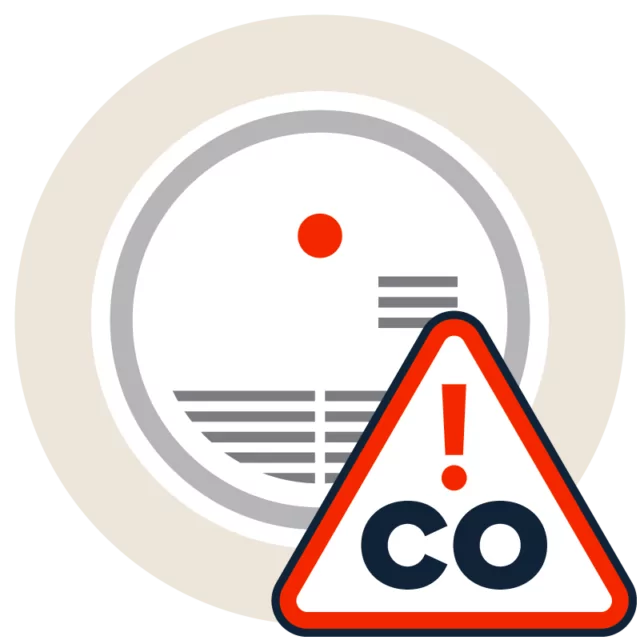Healthier Living Spaces
Eliminating fossil fuels is not just about energy. It’s about health and safety too.
You and your family can breathe easy at home — literally.

No Fossil Fuels, No Fumes, No Toxins
Upgrading to modern electric appliances can help reduce the level of fumes, toxins, and carcinogens that may be in your home’s indoor air.

Eliminate Dangerous Leaks
When you switch to modern appliances, you remove the potential for leaks that can cause odors or health impacts.

Fewer Allergens and Irritants
Lower the risk of respiratory symptoms from air pollution with cleaner air in your home.
“Gas, let’s face it — you have to worry about carbon monoxide poisoning, you have to worry about leaks. And if there were a hurricane here, or something like that, at least I know there’s not an active gas line coming into my house. And that’s a relief.”
– Tina Lieberman
| NO2 | Nitrogen Dioxide |
|---|---|
| PM2.5 | Particulate Matter (2.5 microns) |
| CO | Carbon Monoxide |
| HCHO | Formaldehyde |
| CH4 | Methane |
| O3 | Ozone |
Want to learn more about the risks of using fossil fuels?
Find out about the harmful chemicals associated with burning fossil fuels like oil, propane, and natural gas in your home.

RMI: All-Electric Buildings Are Healthy Buildings
Learn more about the basics of replacing fossil fuel-burning appliances with more efficient electric ones and how it can lead to a safer, healthier home.
American Lung Association: Health Impacts of Combustion in Homes
Find out why the doctors at the American Lung Association say a home powered by clean energy is better for your health.

Ready to breathe easy inside your home?
Get personalized advice on how you can improve your home’s indoor air quality and start saving energy. You’ll work with a NYSERDA participating contractor to find all of the places your home is wasting energy and using dangerous fossil fuels, then get financial incentives to help pay for fixing them.
Fossil fuels can release harmful chemicals into your indoor air. Nitrogen oxides, formaldehyde, benzene, carbon monoxide, and particulate matter may all be released from burning fossil fuels like propane, oil, and natural gas.
